100% RYE Frequently Asked Questions
I’ve received quite a few questions regarding the recipes, ingredients, and content of our new book, 100% RYE. I’ve collected the most common and, after responding personally, decided to publish them here in case you were curious too.
1. Do you put lard/sugar/butter/wheat in your bread?
The most common ingredients in these recipes include:
• Flour: rye, see note below on types.
• Fats: Butter, Coconut Oil, or Lard, all of which are interchangeable as mentioned within the recipes.
• Sweeteners: Besides a couple of recipes that reference molasses, all recipes were created and tested with raw honey. There are instructions in the book for exchanging these for one another.
Zero of the recipes in 100% RYE include wheat flour, sugar, vegetable oil, or hard-to-find ingredients.
2. I have heard that rye can be contaminated with a fungus called ergot, have you had any problem with the grain?
I haven’t had any trouble with the rye we’ve used and have heard that it is not as much problem in milled rye as it once was.
3. Since you are using the rye by itself, without wheat, is the flavor of the baked goods really strong?
Actually, no, it isn’t! Rye is an under-appreciated grain, in my opinion. It is not unlike whole grain wheat flour – nutty, warming, interesting, but not overpowering. It is not like buckwheat or quinoa which are quite strong and polarizing. Instead, it lends a hearty but subtle flavor to baked goods.
4. What type of rye flour do you use and where did you get it from?
I have used “medium” rye flour for all of the recipes in this book. I have purchased this organic brand of rye flour most often. This flour is whole grain, freshly ground rye flour. Medium rye flour is similar or can be a lightly sifted rye flour. This site has a great explanation of the various types of rye flour.
5. Does the book contain instructions for creating a sourdough starter?
Yes, it does!
6. Have you had trouble with off-flavors using freshly-milled flour for your sourdough starter?
I have not used enough freshly milled rye flour in the care of my starter to say for sure if this is a problem. There are many theories on whether or not you should keep a starter with freshly ground flour.
My take is this: Freshly ground flour often has enzymes intact after the milling process, assuming the heat of the milling did not kill them. If this is the case, then those enzymes may interact or impede the bacteria/yeast balance happening in your established sourdough starter.
If this is the case, I recommend one of two options.
One: Go back to feeding your starter what was working. The microorganism present in the starter were clearly working well with this flour, if it was producing significant rise and pleasant flavor.
Two: Continue to feed your starter freshly-milled flour but give the starter a chance to acclimate. You are throwing in a whole new variety of enzymes and bacteria when mixing in freshly milled flour all of a sudden. It’s going to require a number of feedings and a bit of time – maybe 3-7 days – before it has sunk into its new microbial balance.
7. How Many of the Recipes Use Eggs or Dairy?
All of the loaves and doughs are egg and dairy-free. The other recipes are a case-by-case basis as listed below.
These recipes would probably be difficult to make egg-free:
- Flatbread & Noodles rely heavily on eggs.
- Carrot Cake Brownies – Relies on eggs and dairy.
- Chocolate Cake – Relies on milk and eggs.
- Clafoutis – Dairy-free but relies heavily on eggs.
- Crepes – Could be made dairy-free but relies heavily on eggs.
These recipes can probably be adapted to use an egg substitute:
- Crackers – Egg can be replaced with a flax/chia egg and can be made dairy-free.
- Tortillas – Egg-free and the milk can be replaced with water to be made dairy-free.
- Dumplings – Egg-free and can be made dairy-free.
- Biscuits – Egg-free and can be made dairy-free.
- Pancakes and Muffin – In my experience, these can be made egg-free with a chia/flax egg and by subbing for a dairy-free milk like coconut milk.
- Chewy Molasses Snack Bread – I think I made this egg-free a couple of times using chia seeds and it worked, making it a little extra chewy. Could be made dairy-free using coconut milk.
- Brownies – Dairy-free and includes 4 eggs. Might work with egg replacer.
- Chocolate Chip Cookie Bars – Dairy-free and contains one egg which could be replaced with chia/flax egg.
- Pie Crust – Egg-free and can be made dairy-free.
You can find 100% RYE here.

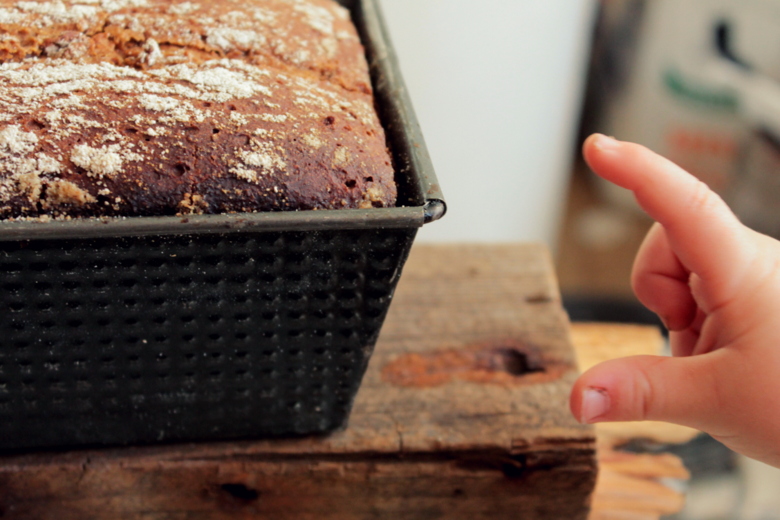
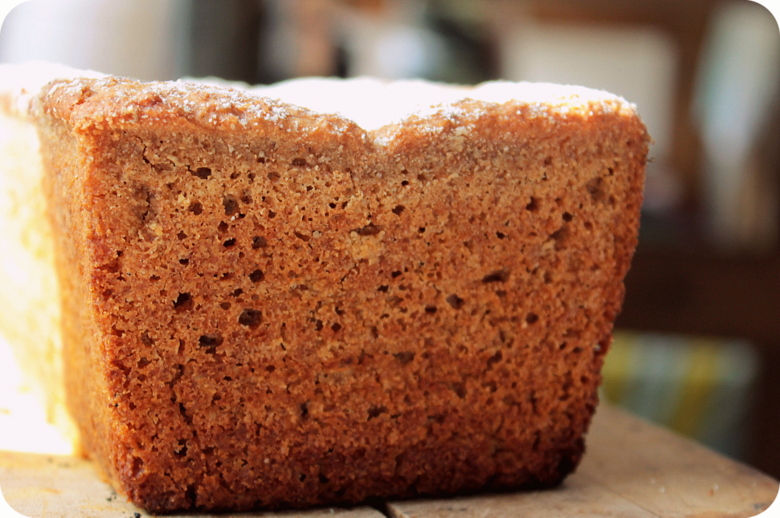
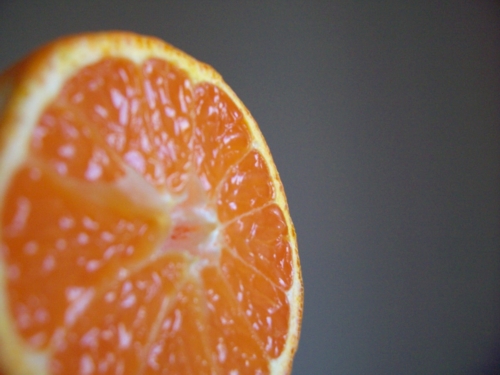
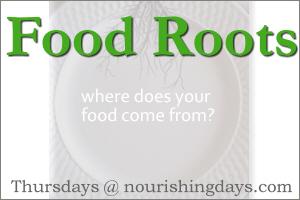
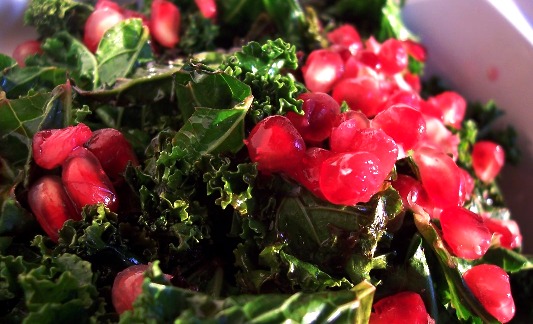
Ergot is more of a problem than you may think. Modern grain cleaning cleans molds out fairly well.. to acceptable levels. If you’re concerned you can send in samples to labs to be tested but it’s a $100 bill at best. We test all our livestock grain as we’ve had problems before by not testing.
I live under a rock, kinda, so I just found your blog and love it. I’m enjoying reading some of your earlier posts. Thank you for sharing so many wonderful posts. 🙂
Toni – I live under a rock too. 😉 Thanks so much for you comment!
I’m just trying the focaccia recipe tonight. I realize that I am lazy and weak: do you think I can use a dough hook on my stand mixer for mixing the final batch of ingredients really well instead of a wooden spoon? Other than that, I’m so stoked about your recipes, thank you so much!!
Amie R – I would think a dough hook would work just fine. I hope you enjoy the recipe!
Shannon,
Have you any experience using sprouted rye flour in your recipes? Would using it change any of the ingredient quantities? Thanks!
Erik
Hi Erik,
I have not tested these recipes using sprouted rye flour. I’ve worked with sprouted wheat flour and have found that it requires a bit more moisture, which may be the case for sprouted rye as well, though I couldn’t say for sure. If you try it out, please let us know how it goes!
I’m surprised no one asked how much flour is needed for the carrot cake brownies,as you never gave an initial amount,only the revised amount if not using a starter.So,how much flour is needed?it just says cups needed with no amount